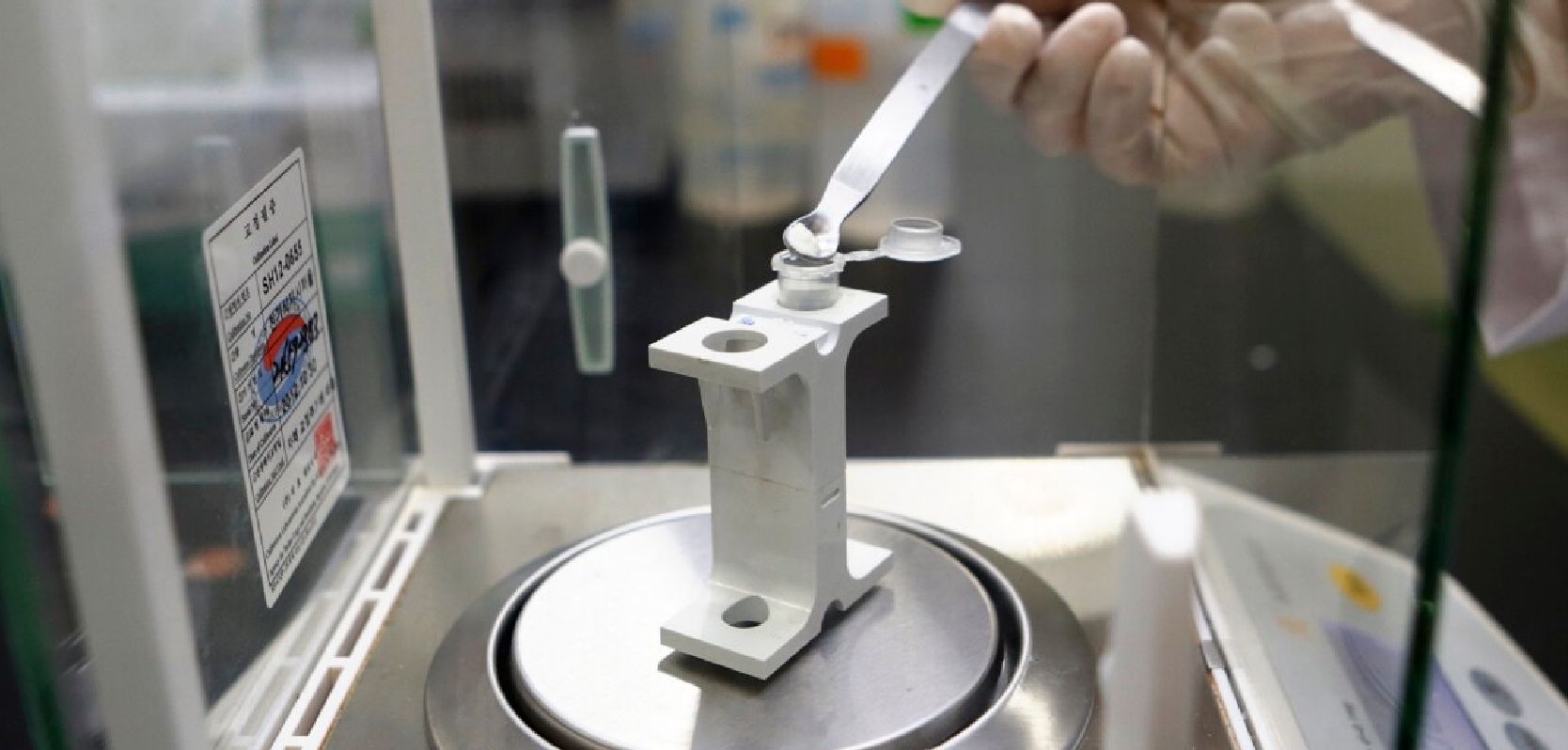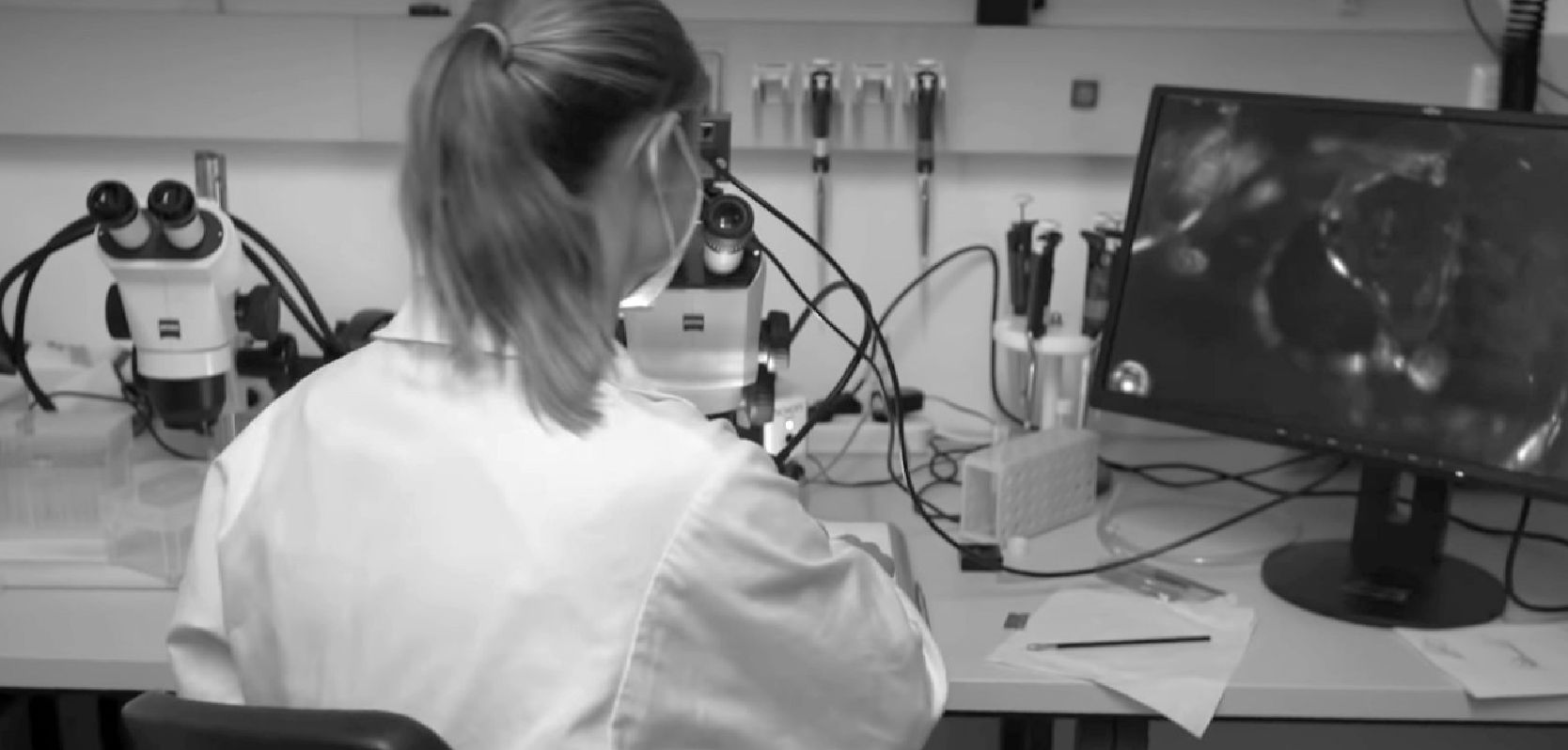Genetic engineering, as a scientific discipline that pushes the limits of the possibilities of genetic manipulation, has become a center of attention in Europe. This article will discuss recent developments in genetic engineering in Europe, exploring the latest innovations, the challenges faced, and the ethical considerations that have emerged as these technological advances make Innovation in Genetic Engineering in Europe Europe has been the birthplace of various innovations in the field of genetic engineering. Research on genetic modification of plants for resistance to pests, development of new medicines, and gene therapy for genetic diseases has become a major focus of scientists at various research institutes and universities.

Technical and Scientific Challenges Despite rapid progress in genetic engineering, Europe is also faced with a number of technical and scientific challenges. Some challenges involve the risk of cross-species contamination, the difficulty of controlling undesirable side effects, and questions regarding the sustainability and long-term impact of genetic modification with the need for Genetic Engineering Regulations and Policies in Europe has strict regulations regarding genetic engineering, with the European Union having laws that guide the use of this technology. These regulations include strict approvals before genetically engineered products can be sold on the market, as well as provisions regarding labeling and genetic footprinting. In Agricultural and Food Genetic Engineering Genetic farming has become a major focus in Europe, with research including crops that can withstand extreme climate conditions, increase agricultural yields, and reduce pesticide use. Meanwhile, issues related to food safety and environmental impacts continue to be faced.

Future Thinking in Genetic Engineering and Social Change As genetic engineering technology continues to develop, Europe faces the challenge of guiding this innovation towards positive and sustainable social change. Future thinking includes the development of safer technologies, thoughtful regulation, and the integration of strong ethics in every aspect of the use of genetic engineering. Genetic Engineering is considered a Means of Shaping the Future Genetic engineering in Europe presents major challenges and opportunities. While these technologies continue to change and develop, it is important to ensure that these innovations are implemented wisely and benefit society and the environment. With strong ethics, global collaboration, and deep understanding, genetic engineering can be a powerful tool for shaping a better future.

Genetic Engineering has become something useful in Gene Therapy for Human Diseases. In the context of human health, Europe is also active in the development of gene therapy for genetic diseases and cancer. The use of genetic engineering in developing more effective and specific treatments for each individual is an important goal in health research in Europe. while still underlining the issue of Ethics and Social Responsibility in Genetic Engineering, it does not only involve scientific and technical aspects, but also talks about ethics and social responsibility. Europe is actively involved in the ethical debate surrounding the use of this technology, discussing issues such as privacy rights, security and ethical considerations in human genetic manipulation, the need for International Collaboration and Joint Research Europe is involved in international collaboration in the field of genetic engineering. Collaboration with research institutions around the world enables the exchange of knowledge and resources, accelerating scientific progress and discoveries that are acceptable to society and require public communication. Public acceptance of genetic engineering is a key factor in the development and implementation of this technology. Public communication and educational efforts are essential in forming true understanding and stimulating constructive discussion.











